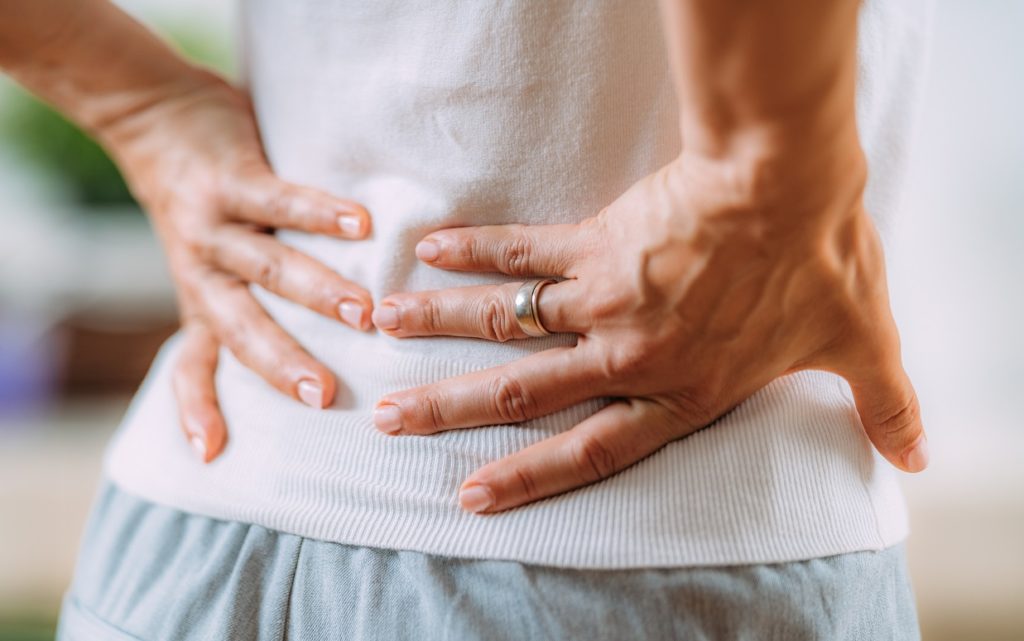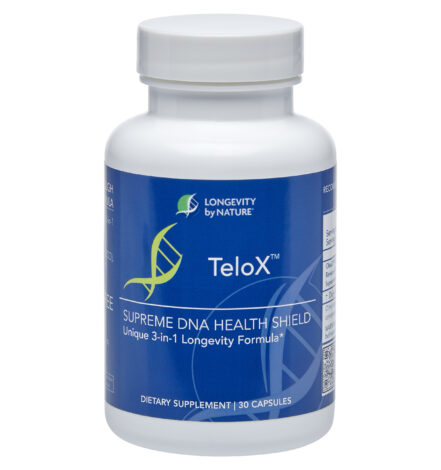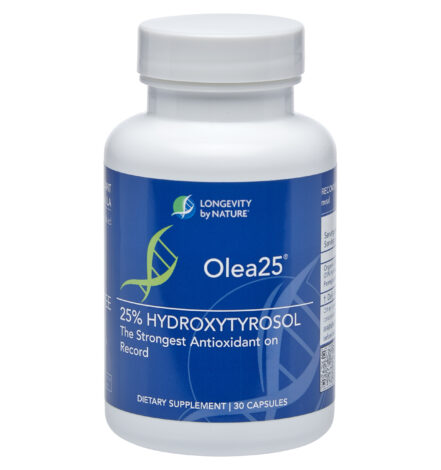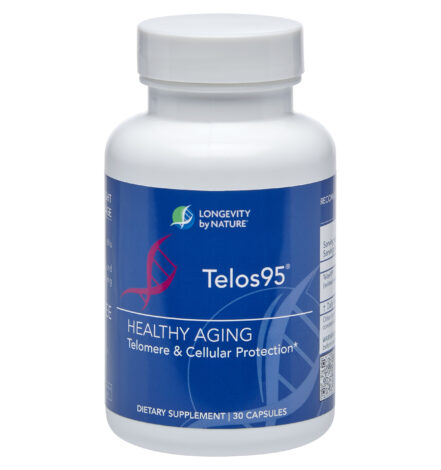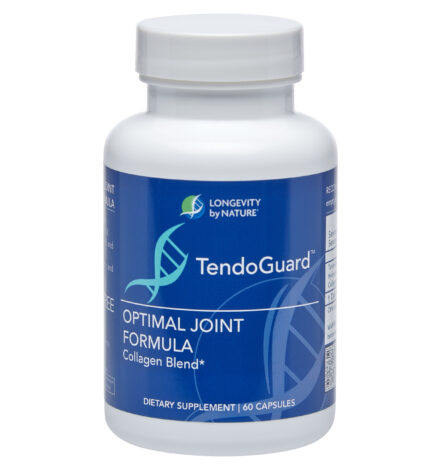Trying to learn how to reduce joint inflammation can feel overwhelming. There are several tricks and treatments you can try. The key to reducing joint inflammation successfully is to learn what works best for your body. So what is good for inflammation of the joints? How can you help joint inflammation? Keep reading to learn more about joint inflammation and treatment.
Sources:
https://www.webmd.com/arthritis/arthritis-inflammation
https://www.certifiednutra.com/pdf/TendoGuard_Clinical%20-%20Lopes%20et%20al.,%202017.pdf
Explore more best selling supplements from Longevity by Nature
What Is Joint Inflammation?
Joint inflammation can occur in a single joint, like when that particular joint is injured, or certain medical conditions can lead to joint inflammation occurring simultaneously in multiple places of the body. Essentially what is happening is the body’s immune system is fighting to protect the joint from infection after an injury occurs. When the joint becomes inflamed, the blood vessels around the joint increase in diameter to allow more blood to reach the area. With the increased blood, comes an increased number of white blood cells that work to fight infection. When this occurs, inflammation is the result. The joint may feel warm to the touch, painful, and if there was an underlying injury in the joint, the inflammation can intensify the pain. When joint inflammation occurs when no immediate injury has taken place, it could be because of inflammatory arthritis caused by an autoimmune disease like lupus, rheumatoid arthritis, or systemic sclerosis. An autoimmune disease is a disease that causes the body’s immune system to mistakenly attack healthy tissue.What Causes Joint Inflammation?
The two main causes of joint inflammation are injuries and inflammatory arthritis caused by autoimmune diseases. When a joint injury occurs, it is common for inflammation to appear in that joint, or even in several joints within close proximity. For example, a wrist injury could see inflammation not only in the wrist but in one or some of the fingers as well. When an injury occurs, the body’s most natural response is for the injured area to swell. When the area is swollen, the body can begin to deliver much-needed nutrients to the area to encourage healing. At this time, the body also sends white blood cells to fight potential infections while the affected area heals. Although swelling and inflammation is a natural response, it can be quite painful, and if too much swelling and inflammation occur and the pain becomes unbearable, it may be best to visit a physician. The second main cause of joint inflammation is inflammatory arthritis. Inflammatory arthritis causes inflammation in the joints that can start in one area of the body and then eventually spread to others. Most types of inflammatory arthritis are autoimmune diseases like lupus, rheumatoid arthritis, and systemic sclerosis. Even though no injury occurs, the body induces an inflammatory response and the body’s immune system can begin to attack healthy tissue.What Are the Symptoms of Joint Inflammation?
Joint inflammation has several symptoms whether the inflammation is in response to an injury, or if it is caused by the medical condition inflammatory arthritis. Some of those symptoms include the following:- Redness in the affected area
- Swelling in the joint
- Joint pain
- Stiffness of the joint
- Complete or partial loss of function of the joint
- Headaches
- Loss of appetite
- Stiff muscles
- Fatigue and energy depletion
- Chills
- Fever
Causes of Joint Inflammation
As we discussed previously, the main causes of joint inflammation are injury and inflammatory arthritis brought on by autoimmune diseases. When your body begins to induce an inflammatory response, your body releases chemicals into the bloodstream and/or the affected tissues. These chemicals help to increase blood flow to the area by increasing the diameter of the blood vessels. This expansion of the blood vessels can cause the skin around the affected area to turn red and to become warmer. When the same chemicals that cause the blood vessels to dilate cause fluids to leak into tissues, that is when swelling occurs. This entire process can then agitate your nerves which causes pain.How Can I Reduce Inflammation in My Joints?
If you suffer from chronic inflammation, it is important that you take drastic steps to reduce inflammation in your joints and in your body. In general, when you do not eat healthy, exercise enough, or have a high level of stress in your life, your body can respond by inducing inflammation. Here are some more detailed ways that you can help your body reduce negative inflammation in your joints.- Avoid certain foods: Certain foods are known to increase inflammation in the body. Those foods include red meats, trans fats like margarine and corn oil, deep-fried foods, and almost every type of processed meat.
- Eat anti-inflammatory foods: A diet high in fruits and vegetables is a really good way to keep inflammation down along with a diet high in foods containing omega-3 fatty acids. Foods that contain high levels of omega-3 fatty acids include salmon, tuna, tofu, walnuts, flaxseed, and soybeans.
- Limit alcohol use: As moderate alcohol consumption can actually reduce some of the biomarkers of inflammation, excessive alcohol use can induce inflammation of the intestines and internal organs.
- Try natural supplements (LBN): There are natural supplements on the market that you can introduce into your diet to help fight inflammation in the joints.
- Avoid smoking: The nicotine in cigarettes can release molecules in the body that lead to increased inflammation.
- Maintain a healthy weight: If you are overweight, taking steps to reduce your weight can do wonders to reducing inflammation in the body. The key to maintaining a healthy weight is diet and exercise. By making time for at least 30 minutes of cardio and 10 minutes of weight training exercises four or five times per week, you can help to greatly reduce inflammation in the body.
What Is the Best Natural Treatment for Inflamed Joints?
The best natural treatment for inflamed joints is TendoGuard. TendoGuard offers the following benefits:- Keeps Tendons & Cartilage Healthy & Flexible
- Provides Necessary Nutrients to Tendon-Recovery Process
- Helps Stimulate Collagen Synthesis
- Increases Range of Motion Associated With Pain
- Anti Inflammatory Support Efficacy



